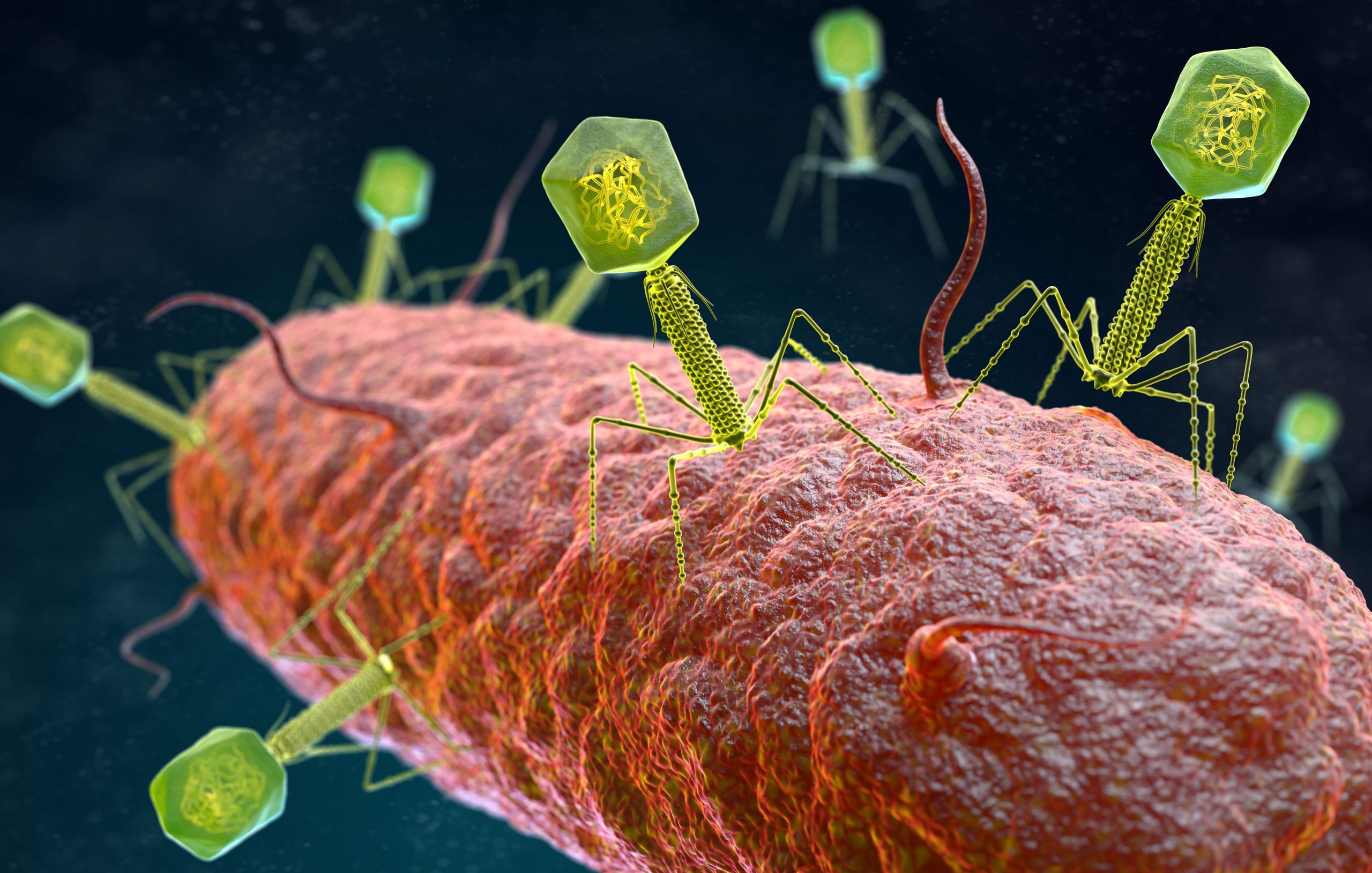
Imagine being ill with an infection that no antibiotic can cure. For many people around the world, this is a frightening reality as bacteria are becoming resistant to even the most effective antibiotics available today. Antibiotics once revolutionized medicine, but today, the rise of antibiotic-resistant bacteria is threatening to undo the progress. In the past decade, there has been a significant increase in support for phage therapy, which is now on the verge of passing through traditional regulatory approvals and entering clinical settings.
The Study: A Real-world Test of Phage Therapy
Nature recently published an article that examined how phage therapy worked in a randomised clinical trial. A Belgian consortium conducted an observational study of over 100 cases of personalised phage therapy. The study spanned across 12 countries, between 2008 and 2022. Positive clinical outcomes using phage therapy were assessed. The cases of difficult-to-treat infections were chosen in which standard antibiotic treatments had already failed.
Instead of using a one-size-fits-all approach, clinicians matched specific phages, combinations of phages, and antibiotics, using a phagogram. Phages and defined phage cocktails, including two commercially available cocktails (PyoPhage and IntestiPhage) produced by the Eliava Institute, were used. The infections chosen to treat were those caused by Pseudomonas aeruginosa, Klebsiella pneumoniae, Staphylococcus aureus, and Mycobacterium abscessus, some of the toughest known in medicine.
How it worked
It patient’s bacterial strain was tested against a library of phages. These personalized phage preparations were then given to patients. Importantly, the preparations were carefully checked for endotoxin levels, ensuring treatment was as safe as possible.
The Results
The outcomes were encouraging. Many patients showed clinical improvements after phage therapy. The treatment was found to be feasible and safe, with no serious safety concerns reported. However, not every patient was cured. “Statistical analysis showed a significantly higher probability of microbial eradication when phage therapy was combined with standard-of-care antibiotics, and in vitro phage–antibiotic synergy was demonstrated”, says the study. This suggests that the use of phages in addition to standard-of-care antibiotics significantly improved the eradication rate of targeted bacteria in this patient population.
Why This Matters
This study is a milestone because it shows that phage therapy is no longer just experimental or theoretical- it can be integrated into clinical settings under real conditions. It also highlights the potential role of phages in tackling the global antibiotic resistance crisis, offering a lifeline where standard drugs have failed.
The Road Ahead
This research study stresses the need for large-scale controlled clinical trials to confirm these findings and determine best practices. Questions remain about how to scale up access to phages, streamline regulatory approvals, and ensure treatments for the patients in need. Phage therapy now represents a powerful new chapter in the fight against resistant bacteria.
Check the study here



Leave a Reply
You must be logged in to post a comment.